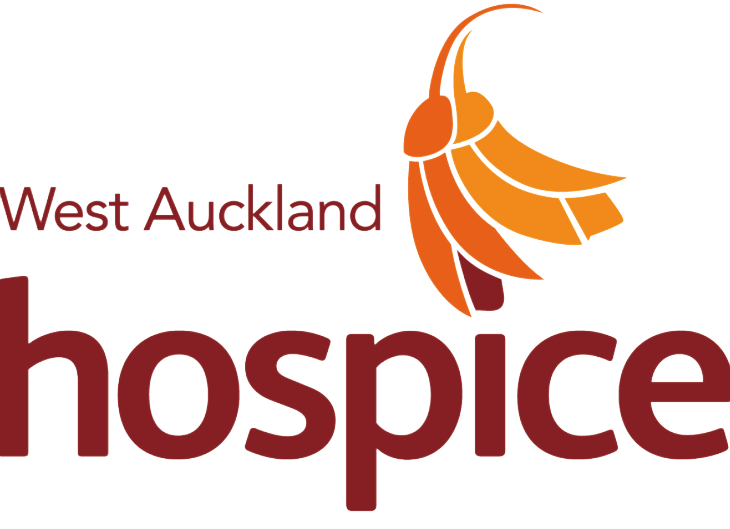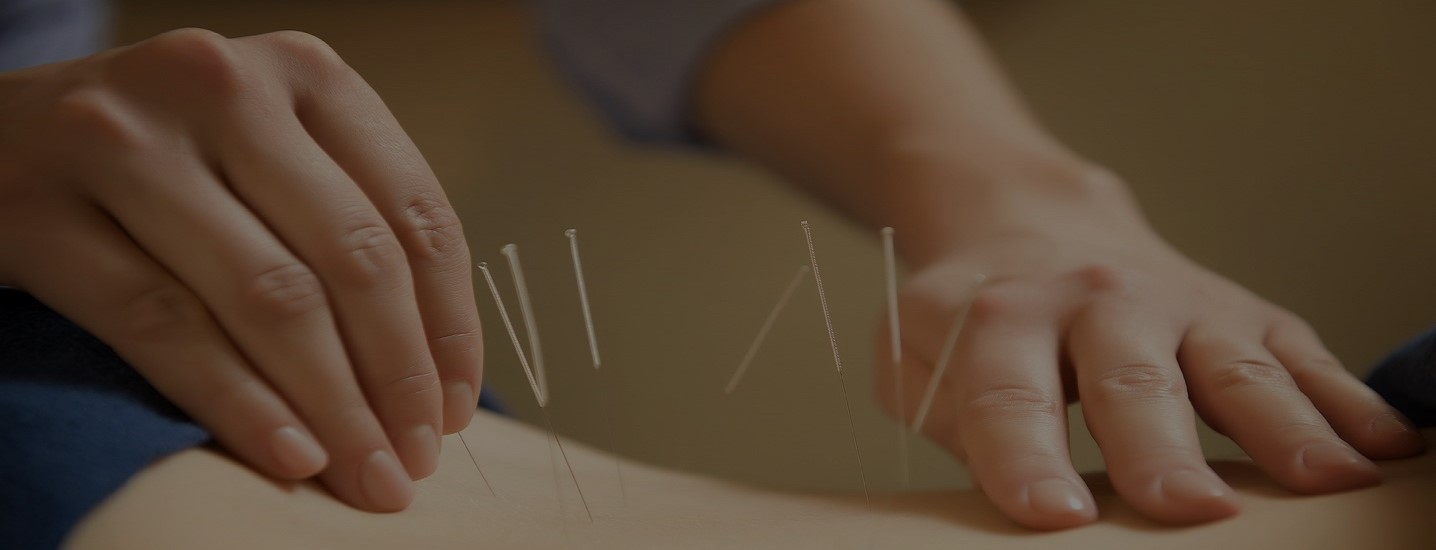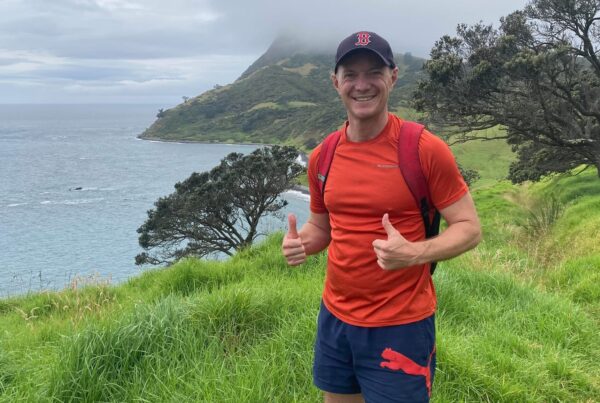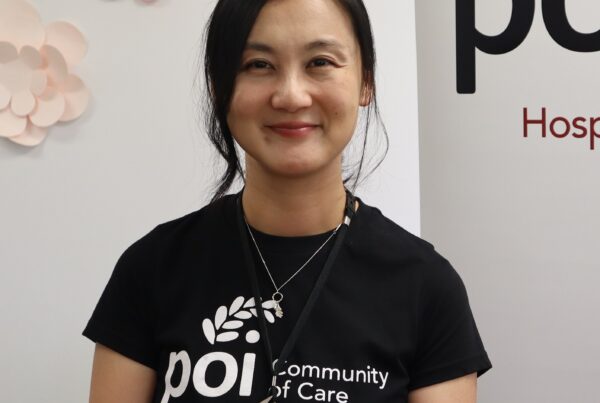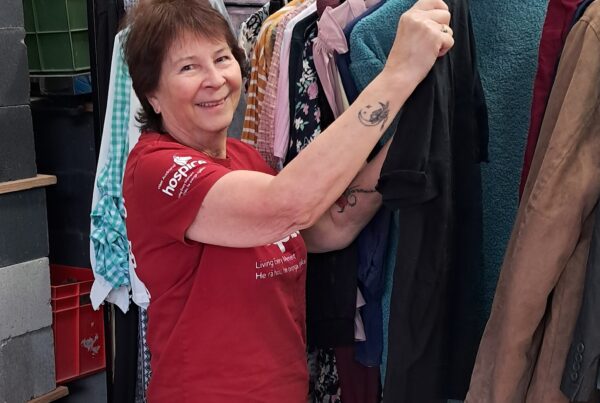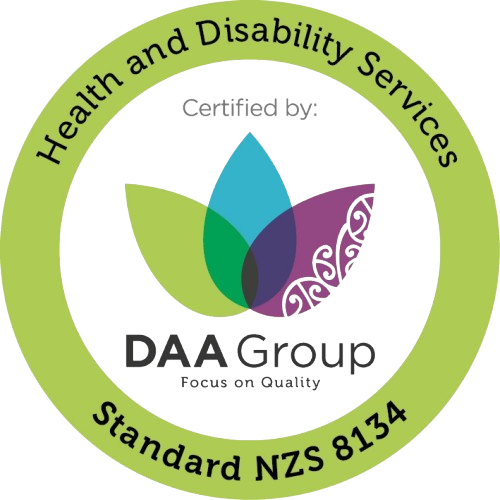Mala has been volunteering at Hospice West Auckland for an incredible 14 years, providing acupuncture to patients and caregivers one day a week. “I like the interaction with people and you feel so good when you see a person responding to the treatment, being freed of the pain or other problems they have. So that is more rewarding than any money.”
Mala originally qualified as a medical doctor, working in India, Iran and Nigeria. She became interested in acupuncture when faced with treating postpartum depression. Antidepressants were the standard treatment, but an article in the British Medical Journal discussing the merits of acupuncture to help with postpartum depression caught her attention. “So I decided to learn acupuncture. I thought, why can’t I treat my patients with acupuncture instead of giving them antidepressants?” she says.
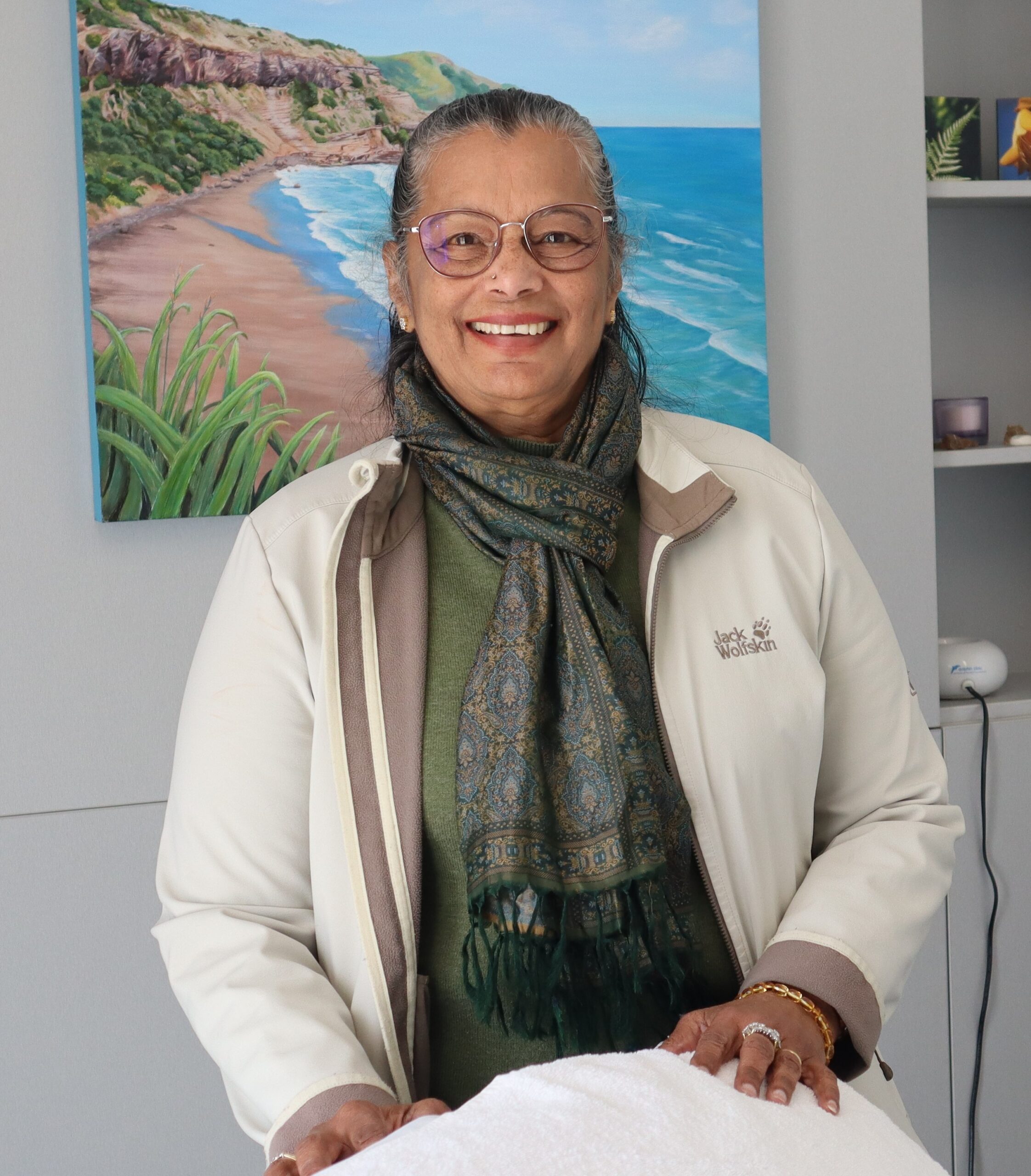
She opened her first acupuncture clinic in 1985, predominantly treating arthritis as well as depression. She came to New Zealand in 1995, registering with the New Zealand Register of Acupuncturists (NZRA) before obtaining a Masters in Acupuncture at the Royal Melbourne Institute of Technology. “From there I never looked back. As well as having my practice, I taught acupuncture for some time. I’ve also been an examiner for the NZRA.”
Most Hospice patients come to Mala for pain treatment initially, but this often expands into treatment for emotional issues as well. Her approach is to always consider every component – the physical and the emotional – because sometimes an emotional factor can be contributing to the pain. “There is always underlying fear, there is always anxiety, so together with the pain I also treat the emotional aspects,” she explains. “My treatments can help people to de-stress or sleep better if they’re not able to rest, for example. Today one of my patients was having shortness of breath, so I was able to help him to address that. It really is holistic.”
Mala practices Japanese acupuncture, focusing on balancing the meridian system using gentle needling techniques on distal points (points away from the area of pain or discomfort). “So for back pain, I may put a point in your forehead or near the elbow,” she says, “then I’ll do a balancing of the meridians that go along the back. Once the meridians are balanced the pain will reduce.”
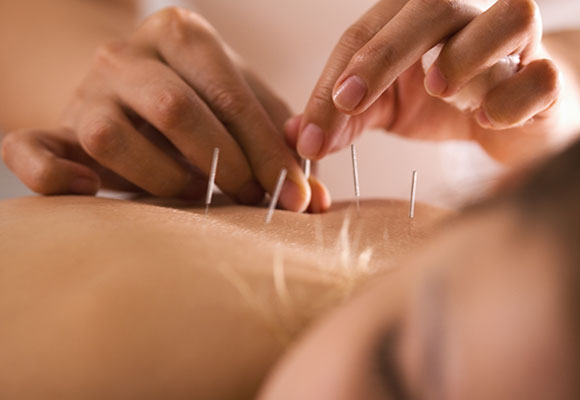
Similarly, treating emotional issues involves balancing the energy meridians in our bodies. “What happens is when you’re upset, angry or frustrated, your liver meridian can get congested. Or if you’re worried, your spleen meridian can get congested.” Mala begins with a pulse diagnosis to see which meridian has more energy than the other. “Energy can’t be destroyed, it’s still in the body, so I connect at certain points to balance the energy and this helps people to feel better.”
The number of sessions provided vary for each individual. For some, just one or two sessions can be enough but others may attend for up to six. “It takes a longer time to treat the mind than to treat the body, so although an individual may feel better physically they still want to come because they are getting mental or emotional relief too,” explains Mala. Her acupuncture services are in high demand at Hospice. “I think the good thing people see about acupuncture is that it isn’t another medication. They are already on so many medications, so they appreciate this extra help with their pain, insomnia or other symptoms.”
In keeping with Hospice West Auckland’s philosophy, Mala supports whānau and caregivers as well as patients. She treats physical problems caused by the demands of lifting and shifting loved ones, and emotional struggles such as anxiety and even grief. “Caregivers are going through a lot as well as the patients, they are suffering too, so they can come and get treatment.”
Mala cherishes the connections she makes with patients, especially those she sees for multiple sessions. “The wife of a lovely man who I treated told me how much he would look forward to coming for acupuncture on Tuesdays. He fought so hard and I got to play a part in that journey. I was so touched when she reached out to me and thanked me for what I had done for him.”
Volunteers are a huge part of the Hospice family, contributing to the organisation in so many different ways and finding their own enrichment at the same time. “I find it very, very rewarding working with the patients here,” says Mala. “We give everyone hope, and our kindness means so much to them. And Hospice West Auckland especially does so much for people in so many different ways! They make a person feel comfortable and cared for with open arms. People who come here suddenly feel they belong, it is so welcoming. They go away feeling good, and that is the most important thing – having a little more light in their hearts. I feel so happy that I have helped to make that happen, it is very humbling.”
